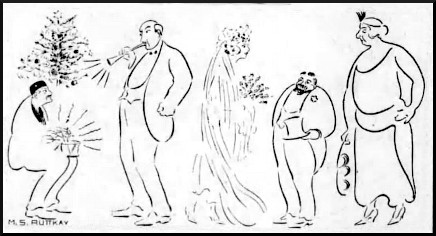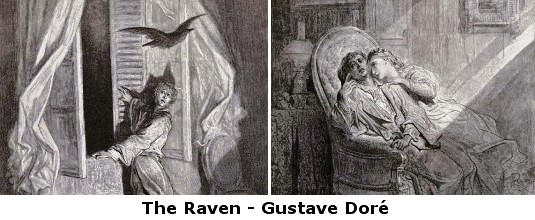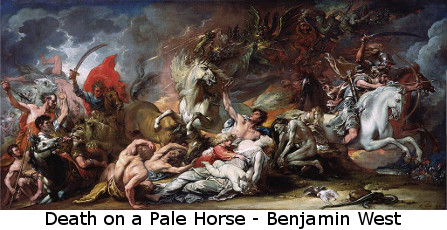Robert Benchley? Apocryphal?

Question for Quote Investigator: The Broadway play “Abie’s Irish Rose” opened in 1922 and ran for more than five years which was a record-breaking achievement at the time. The writer and future actor Robert Benchley was the drama critic at “Life” magazine, and apparently he detested the production. Every week he crafted a new insult and printed it in the play guide that appeared in the periodical. Would you please list some of these barbs?
Reply from Quote Investigator: In June 1922 “Life” reviewed “Abie’s Irish Rose” and decried the hackneyed quality of its script. The humor was unfavorably compared to the contents of a discontinued humor magazine:1
Any further information, if such could possibly be necessary, will be furnished at the old offices of “Puck,” the comic weekly which flourished in the ’90’s. Although that paper is no longer in existence, there must be some old retainer still about the premises who could tell you everything that is in “Abie’s Irish Rose.”
On August 10, 1922 “Life” magazine published a two word capsule review of the play in the weekly “Confidential Guide”. The production was housed at the Republic Theater. Boldface has been added to excerpts:2
Abie’s Irish Rose. Republic.—Something awful.
Below is a sampling of other remarks crafted by Benchley. On August 17, 1922 “Life” printed the following:3
Abie’s Irish Rose. Republic—Couldn’t be much worse.
On September 14, 1922 Robert Benchley’s critique comically questioned the wisdom of the demos:4
Abie’s Irish Rose. Republic.—People laugh at this every night, which explains why a democracy can never be a success.
Here are additional selected citations in chronological order.
Continue reading “Quote Origin: People Laugh at This Every Night, Which Explains Why a Democracy Can Never Be a Success”


